July 4, 2025: Young Black-bellied Plovers often remain on Cape Cod in late spring and summer, foraging on tidal flats for invertebrates, rather than continuing to Arctic breeding grounds like adults. This young plover was recently seen at Woodneck Beach on the sand flats at low tide.
In late spring, Cape Cod serves as a critical stopover site for migrating Black-bellied Plovers as they journey from wintering grounds along the southern U.S. coasts and Central/South America to Arctic breeding territories. During this time, adult birds sporting their striking black bellies and faces, can be seen foraging on expansive tidal flats, salt marshes, and sandy beaches across the Cape, often in small, loosely scattered flocks.
First-year birds, however, typically do not complete the full migration to the Arctic. Instead, many remain south of the breeding grounds for the summer, including along the Massachusetts coast. These younger plovers may linger on Cape Cod and other productive foraging sites where food is abundant and competition is lower.
At stopover locations, Black-bellied Plovers forage by walking steadily and visually detecting prey, favoring marine invertebrates such as worms, small crabs, and mollusks. They rely on open habitats with soft substrates, probing with their bills and often using a “run-stop-peck” method. These brief spring visits are vital for replenishing energy reserves before the final leg of migration or settling into summer habitats.


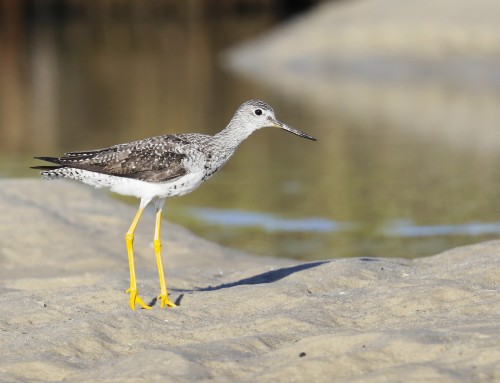
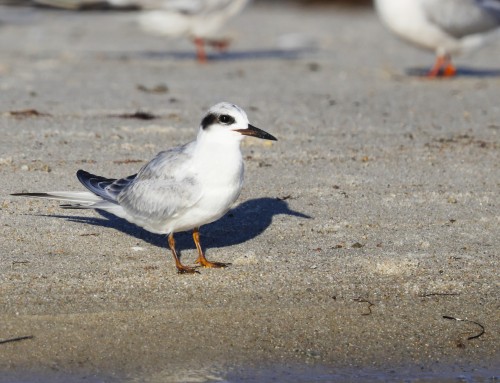
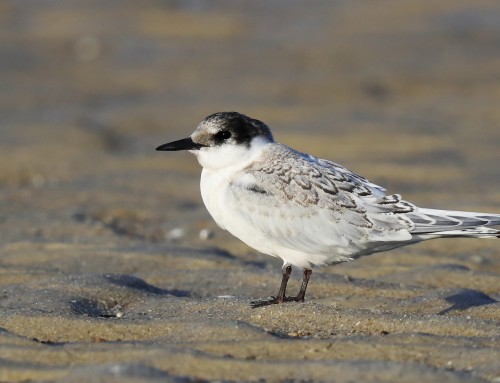
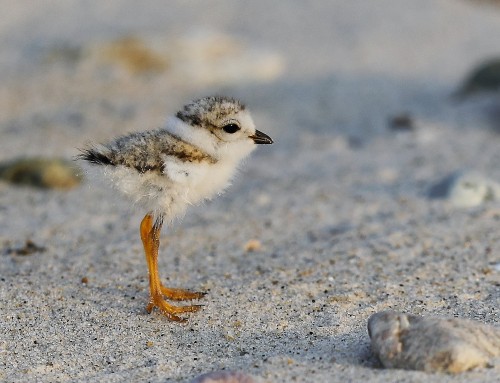
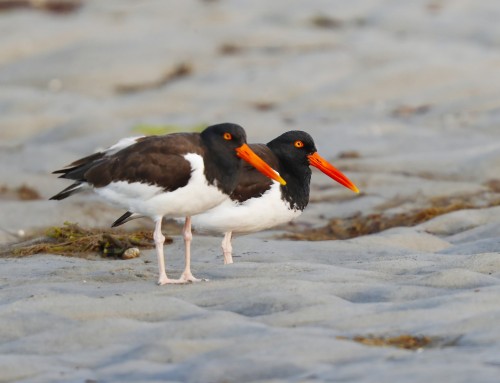
Leave A Comment
You must be logged in to post a comment.